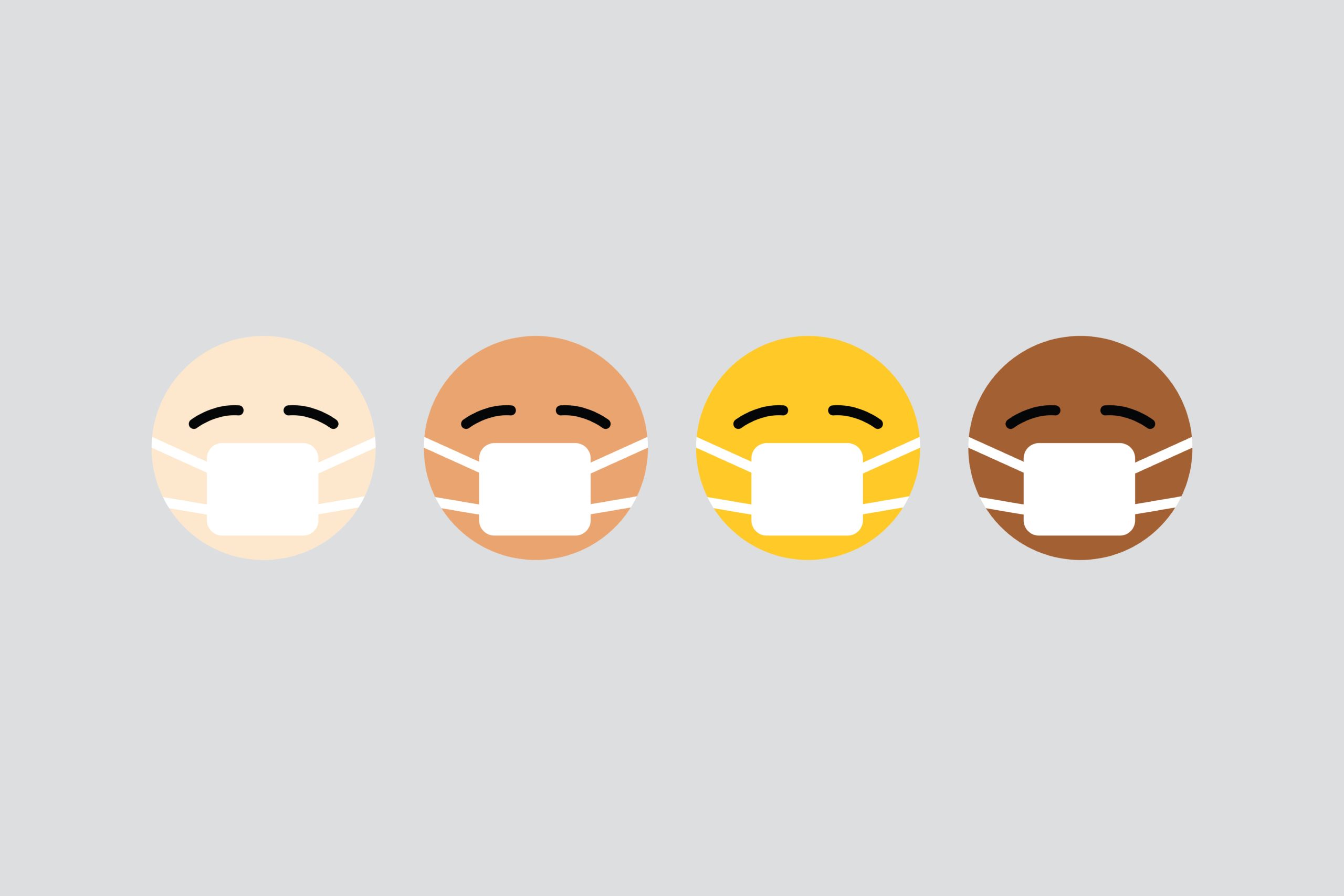How to look after your immune system this winter
The most asked question I get right now is “what can I do to boost my immune system?” Covid-19 is on the rise again and were heading into another lockdown. Many of my clients have children attending school and want to know how they can protect themselves and their families; not just from this virus, but also from all the common colds that show up this time of year.
Boosting your immune system
Unfortunately, it isn’t as straight forward as taking a vitamin C supplement. Your immune system is just that, a system, and therefore in order to strengthen it to give it the best possible chance of fighting illness for you; it needs careful balance and attention across many areas.
What exactly is the immune system?
70% of your immune system lives in your gut. This is where it is trained to be able to distinguish between good and bad bacteria, your body’s own cells and harmful cells. Many harmful cells coat themselves in a protein like your own healthy cells so they can’t be seen, therefore your immune system needs to be smart. If they are not trained properly, they make mistakes, i.e. cancerous cells left to mutate or they attack healthy cells, this is where auto immune diseases start. So, before these antibodies get let out, they must go through a rigorous boot camp in the gut where they get exposed to different bacteria and taught the difference.
Once trained, these infection fighting antibodies travel around your body in the form of white blood cells. They use the lymphatic system, a network of tubes, tissues and organs to travel. They search for foreign invaders such as bacteria, viruses, parasites and fungi. When they find them, they launch an immune attack.
Ways to strengthen your immune system
Nutrition
We know that what we eat is absolutely key to our overall health and that includes our immune system. We are made up of trillions of cells, all with their own functions requiring different types of energy and nutrients to perform their role. These nutrients come from the food we eat. When we are not consuming a healthy and balanced diet, we could be depriving our cells of key nutrients which could result in malfunction and lead to illness.
Important nutrients for immune health
Vitamin A
Vitamin A plays a vital role in maintaining your body’s natural defences. This includes the mucous barriers in your eyes, lungs and gut which help trap bacteria. It’s also involved in the production and function of white blood cells, which help capture and clear bacteria and other pathogens from your bloodstream. What many people don’t know is that preformed vitamin A1 known as retinol can only be found in animal products including dairy, fish and meat. Liver is especially high in vitamin A1. Provitamin A is found in plants. The body produces Vitamin A from the carotenoids found in plant foods, for example sweet potato, Kale, carrots, red pepper and spinach.
Vitamin B6
Vitamin B6 plays an important role in helping us produce antibodies for our immune system. Our bodies are not able to produce B6 therefore we must obtain it from our diet. Top sources are salmon, tuna, eggs, sweet potato, carrots, chickpeas, bananas and avocado.
Vitamin B12
Vitamin B12 plays an important role in white blood cell production, and as we now know, white blood cells are essential for proper immune system functioning. Again, we can only obtain B12 from diet, and it is only available in animal products such as fish, meat, eggs and dairy. Therefore, if you follow a vegan or vegetarian diet it’s important to ensure you are supplementing B12. We need a specific protein in our stomach in order to absorb B12 from food. There is a condition known as pernicious anemia, where this protein is missing causing B12 deficiency. In this instance B12 is given via an injection approximately every 3 months.
Vitamin C
Vitamin C is an antioxidant that boosts the immune system by protecting cells from harmful molecules called free radicals. It also encourages the production of white blood cells and improves their efficiency. Our bodies cannot produce vitamin C so we must get it from our diet. Good news is vitamin C is available in lots of vegetables and fruits. Oranges are not the highest source however. So rather than drinking orange juice (which is also high in sugar) try adding red peppers, kale, papaya and strawberries to your smoothie for a vitamin C kick.
Vitamin D
Vitamin D is known to enhance the function of immune cells and low vitamin D levels are associated with an increased risk of respiratory diseases and decreased lung function, which may affect your body’s ability to fight respiratory infections like Covid-19. Our bodies produce vitamin D when they are exposed to sunlight. It is estimated that about 40% of us have low vitamin D levels. We can obtain small amounts from fatty fish, eggs and some processed foods which have been fortified with vitamin D, but if you think you are not getting enough you may want to consider a vitamin D supplement especially during the winter months.
Sleep
Sleep helps to improve T cell functioning which are a type of immune cells that fight against pathogens. Aim for 8 hours of quality sleep a night. Find more tips on getting a good night’s sleep here.
Exercise
Studies have shown that regular exercise may reduce inflammation and help your immune cells regenerate. Even a single session of moderate exercise was shown to boost the effectiveness of vaccines in people with compromised immune systems.
Hydration
The more water we drink, the better our kidneys operate in flushing out any unwelcome toxins through urination – and our immune system is not weakened by firefighting elsewhere in the body. For tips on how to drink more take a look at my recent blog here.
In summary
There is no magic pill to boost your immune system. It’s all about keeping your body strong and healthy. Start by making sure you get all the nutrients your body needs. For tips on how to get more vegetables into your diet check out my blog here. Try to take some form of exercise every day, even if that’s just a short walk. And finally be kind to yourself. Make time to relax, reduce stress levels and ensure you are getting plenty of sleep.




